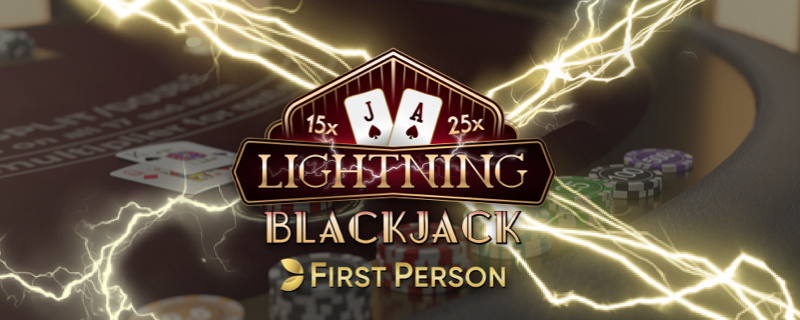The landscape of sports betting has been transformed with the advent of betting exchanges, offering a new dimension to how punters can engage with betting odds. This guide aims to unveil the intricacies surrounding betting odds within betting exchanges, encompassing an understanding of the types of odds and how they are calculated.
Introduction to Betting Exchange
A betting exchange differs fundamentally from traditional bookmaking. It’s a platform that allows punters to bet against each other rather than against a bookmaker. The role of the betting exchange is to act as a mediator, ensuring fairness and transparency in the transaction.
Understanding Betting Odds
Betting odds are the reflection of the probability of a certain outcome happening. They are crucial as they determine the potential return on a bet. The lower the odds, the higher the probability of the outcome, and conversely, higher odds signify a lower probability.
Types of Odds
There are primarily three types of odds used in betting exchanges
- Decimal Odds: The most common format used by betting exchanges. They represent the total payout from a bet, including the stake. For instance, odds of 3.00 mean that a £10 bet would return £30, including the stake.
- Fractional Odds: Traditional to the UK, displaying how much will be won from a £1 bet. For example, odds of 51 (read “five to one”) signify you’ll win £5 for every £1 bet.
- Moneyline (American) Odds: These are often used in the US, with odds presented as either positive or negative figures indicating how much needs to be staked to win £100, or how much a £100 stake will win, respectively.
How are Odds Calculated and How They Work in Betting Exchanges
The process of calculating odds entails a blend of statistical analysis and an understanding of the sports event in question. Bookmakers and the market on a betting exchange determine odds based on various factors including the form of the teams or individuals involved, historical performance, and other situational factors.
In an exchange, odds are generally more competitive as they are determined by the market – the punters – rather than a bookmaker with a built-in margin. The odds fluctuate based on the supply and demand principle; as more people bet on a particular outcome, the odds for that outcome will shorten, and vice versa.
The operation of a betting exchange allows for a more dynamic interaction with betting odds. Punters have the freedom to propose their odds or accept odds set by other punters, providing a more engaging betting experience.
This BetDaq tips guide has provided a succinct overview of the betting odds landscape within betting exchanges. Understanding the types of odds, how they are calculated, and how they work within this modern betting platform can significantly enhance the betting experience for punters, fostering a more informed and strategic approach to sports betting.
With this knowledge in hand, the world of betting exchanges opens up a myriad of opportunities for those looking to delve into sports betting with an analytical lens. The dynamic nature of betting odds in this setting invites a more strategic and potentially more rewarding betting experience.
FAQs






